How Does An MW Add Value To A Board?
In the wine business, ensuring that the business is meeting the needs of its consumers and driving product/technical innovation are both paramount. Of course, the same is true for all businesses.
When I joined the Board of a large wine business, one of the contributions that the Board welcomed adding around the Board table was a strong technical view of the product (i.e., wine), to support both product quality and technical governance.
Technical governance comes to life in a number of ways. Yes, I get to wear a white lab coat at times and I do this while working with technical teams on many facets of wine. For example, one area that is becoming increasingly important as more wine producers shift to organic farming is managing and measuring the use of pesticides. With a vineyard that is being farmed organically, it still remains important to test for pesticides, because a parcel can be impacted by pesticide drift - where conventional practices in place at adjacent vineyards spill into organically-farmed vineyards. Gas Chromatography is one of the methods used to detect pesticide residue in grape samples and so I review the chromatography testing practices with the technical winemaking team.
The control room of a large winery is a place where a winemaking team can see exactly what is happening with every vessel: what’s inside; temperature control; what’s being blended or moved.
It is important that someone on a wine Board has technical oversight on testing processes because this is a critical part of managing risk and risk governance in a consumer products business. And just like any business, risk oversight is a critical role for Independent Directors.
Another area where I add value specifically as an MW on a board is my global view on the wine consumer – what consumers are drinking, how consumers spend their time and money and what consumer trends are emerging. For example, how are consumers reacting to sustainable packaging and what do they value and understand about greener supply chains? Younger generations of wine consumers are engaging with wine very differently to the consumers that have fuelled past growth.
Lastly, there is a tendency for a business to be more focused on its home territory, particularly if this is where the CEO and most of a Board reside. And so my geographic diversity of experience adds to world-informed decision making around the board table, particularly if the business operates globally. And again, this is true for all businesses.


